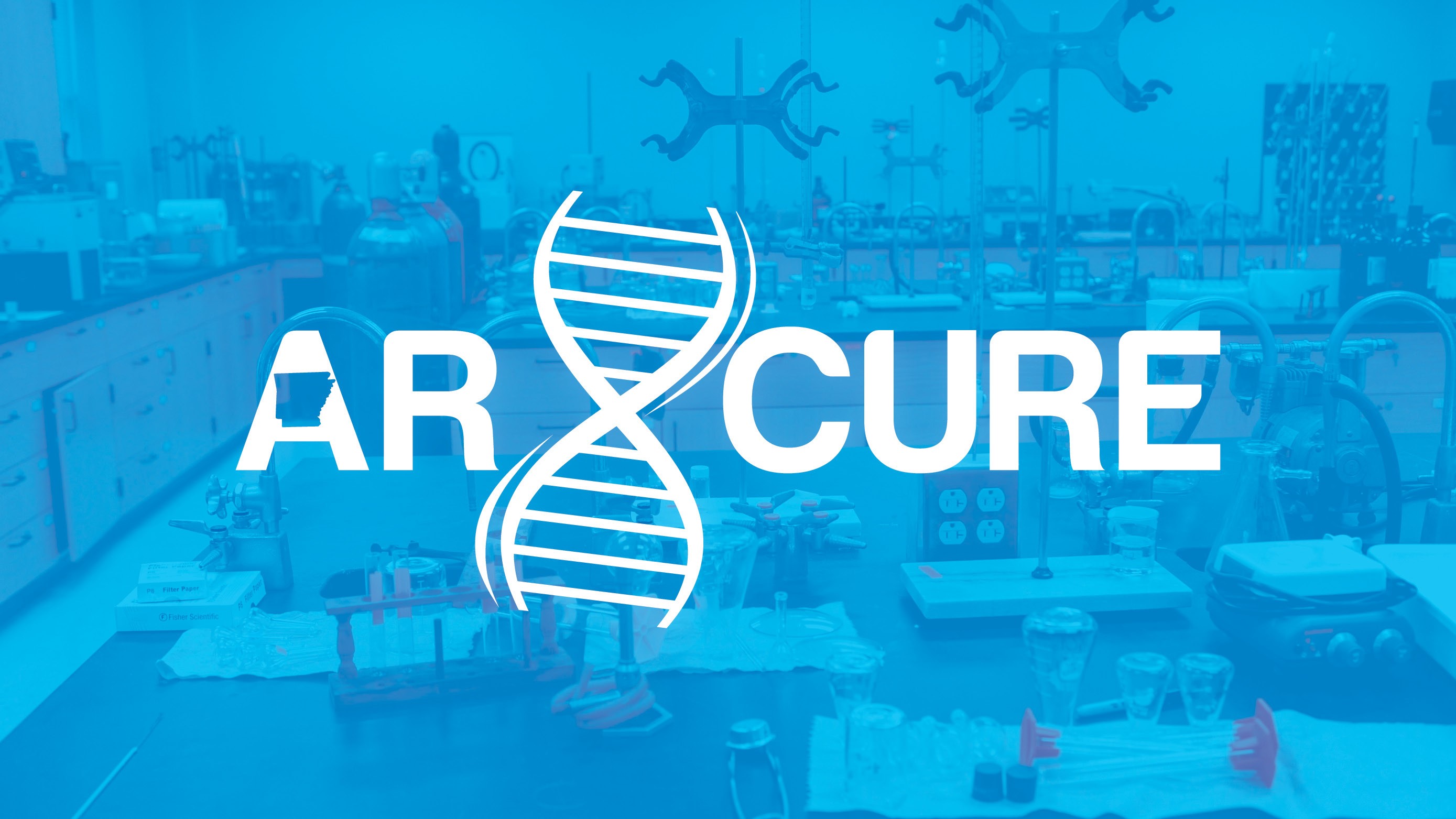Ouachita Baptist University’s Department of Biological Sciences virtually hosted 45 faculty members from 38 colleges and universities last month in its fourth annual AR-CURE Synthetic Biology Workshop, an academic initiative to train institutions to incorporate semester-long research in undergraduate classrooms. The Arkansas-Course Embedded Undergraduate Research Experience (AR-CURE) teaches faculty participants the importance of course-based research and shares how to conduct Ouachita’s Synthetic Biology project at their institutions or to use it as a model to create their own.

Since its creation in 2015, Ouachita’s AR-CURE Synthetic Biology Workshop has been attended by 100 faculty members from states around the country, and more than 500 students at 11 institutions have reported participating in a course-based research project that was created at Ouachita. With a growing movement in science education to include more research in the undergraduate classroom, AR-CURE offers professional development to science faculty, with preference given to those from resource-limited and minority-serving institutions, at no cost to them.
“Ouachita is gaining a national reputation as a model for science education through the continued development of the CURE curriculum,” said Dr. Nathan Reyna, assistant professor of biology and director of AR-CURE.
“Traditional science labs are a series of weekly, observation-type lab experiences, often referred to as ‘Cookbook Labs,’” Reyna said in a previous interview. “We want to create labs that are true semester-long research experiences. … The AR-CURE project gives faculty a model they can use to modify how they approach teaching science.”
“Research develops significant skills in students, including confidence, perseverance and communication skills,” said Dr. Ruth Plymale, co-director of AR-CURE, associate professor of biology and holder of the J.D. Patterson Chair of Biology at Ouachita. “Offering research through AR-CURE and other course-based experiences allows all students to participate and gives the option for a student to participate in many projects, providing multiple opportunities for professional scientific development.”
Created by Reyna and Plymale in 2015, AR-CURE uses curriculum from Reyna’s semester-long Genetics Laboratory course in which Ouachita students successfully build and analyze synthetic genes.
“Drs. Reyna and Plymale have kept our biology program at the forefront of innovation – it is obvious when you have so many faculty from institutions all across the country attending the workshops,” said Dr. Tim Knight, dean of the Patterson School of Natural Sciences and professor of biology.
Due to COVID-19, Reyna and Plymale adapted the 2020 workshop from an on-campus teaching lab to pre-recorded material followed by virtual meetings and discussions with participating faculty.
“One of the sessions toward the end of the workshop each year is the ‘what if I don’t have’ session – a time for faculty to collaboratively brainstorm how they can offer a synthetic biology laboratory like AR-CURE if they are lacking a piece of equipment,” Plymale said. “Because of the current virtual environment, this year’s session shifted away from physical equipment and focused on the importance of scientific thought processes in course-based research.
“We left this session with a renewed enthusiasm for science as a process to approach any type of problem,” she added.
“Initially, we were concerned about going to the virtual format,” Reyna said. “However, we quickly realized this was one of our most successful years!
“This project would not be possible without supportive colleagues, administration and funding sources,” he added. “The workshop’s success was a group effort.”
The 2020 workshop, as in previous years, also was co-led by Ouachita students, who were assigned as group leaders of faculty break-out groups. Student leaders included Emme Edmondson, a senior biology and chemistry double major from Benton, Ark.; Nick Gerber, a senior biology major from Arkadelphia, Ark.; Tim Spiva, a junior biomedical sciences major from Malvern, Ark.; and Julianne Weaver, a senior biology major from Benton, Ark.
“It was terrific to see Ouachita students give faculty advice on how to conduct class-based research projects,” Reyna said.
The initiative is funded by the National Science Foundation’s (NSF) Arkansas Experimental Program to Stimulate Competitive Research (AR-EPSCoR) and also has received funding from the Arkansas Economic Development Commission (AEDC).
For more information about Ouachita’s AR-CURE Synthetic Biology Workshop or the Department of Biological Sciences, contact Dr. Nathan Reyna at reynan@obu.edu or (870) 245-5240.
This article was written by Rachel Moreno and originally published by Ouachita Baptist University at obu.edu/stories


